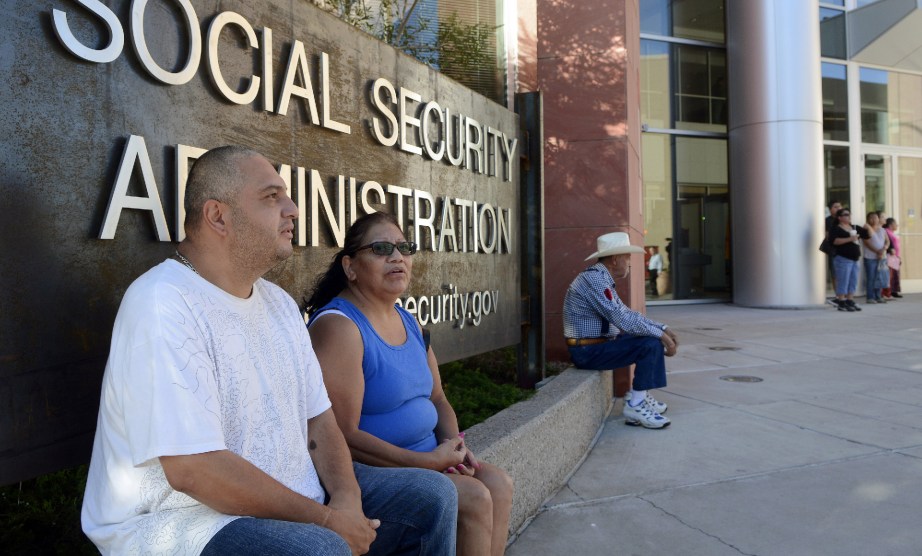
Greg Sorber/Albuquerque Journal via ZUMA
A couple of days ago I wrote that Donald Trump accidentally had a good idea when he proposed doing away with the payroll tax that funds Social Security. This prompted several readers to push back on the grounds that funding Social Security through ordinary income taxes would make it a budgetary football every year. But that’s not how it works.
Social Security is an entitlement. Technically, it’s classified as mandatory spending, which means that it gets paid out automatically and doesn’t require an annual appropriation. If you qualify, you get Social Security. Period. It doesn’t matter where the funding comes from.
It’s worth noting that for the next couple of decades Social Security will be partially funded by income taxes anyway. The infamous trust fund, after all, is nothing but a bunch of government bonds in a filing cabinet somewhere in Virginia. If payroll taxes are insufficient to cover Social Security payments, the bonds are cashed in. And where does the money to redeem the bonds come from? The general fund, of course, which consists primarily of money from income taxes.
Here’s how this all plays out:
- Social Security payments are mandatory regardless of how they’re funded. Congress does not approve a Social Security budget every year.
- Payroll taxes are regressive. Nobody on the left should defend them.
- Income taxes are progressive. We like progressive taxes!
- Funding Social Security through the general fund means (a) it’s funded by a progressive tax, and (b) there’s no more trust fund and no more blather about Social Security “going bankrupt” or similar nonsense.
Back when Social Security was first started, FDR defended the payroll tax as “straight politics.” It was a way of tricking people into thinking that the money coming out of their paycheck was being “saved” in some way and then paid back to them when they retired. This has never been true, and FDR knew it, but it was a useful way of guaranteeing that Social Security couldn’t be touched in the future.
That may have been necessary 90 years ago, but it’s not anymore. It’s not the funding source that stops Congress from cutting Social Security payments, it’s the broad support for the program itself. It’s just too damn popular to screw around with.
Bottom line: There are several upsides to funding Social Security through the general fund and literally no downsides. This is something that any progressive should support.

















